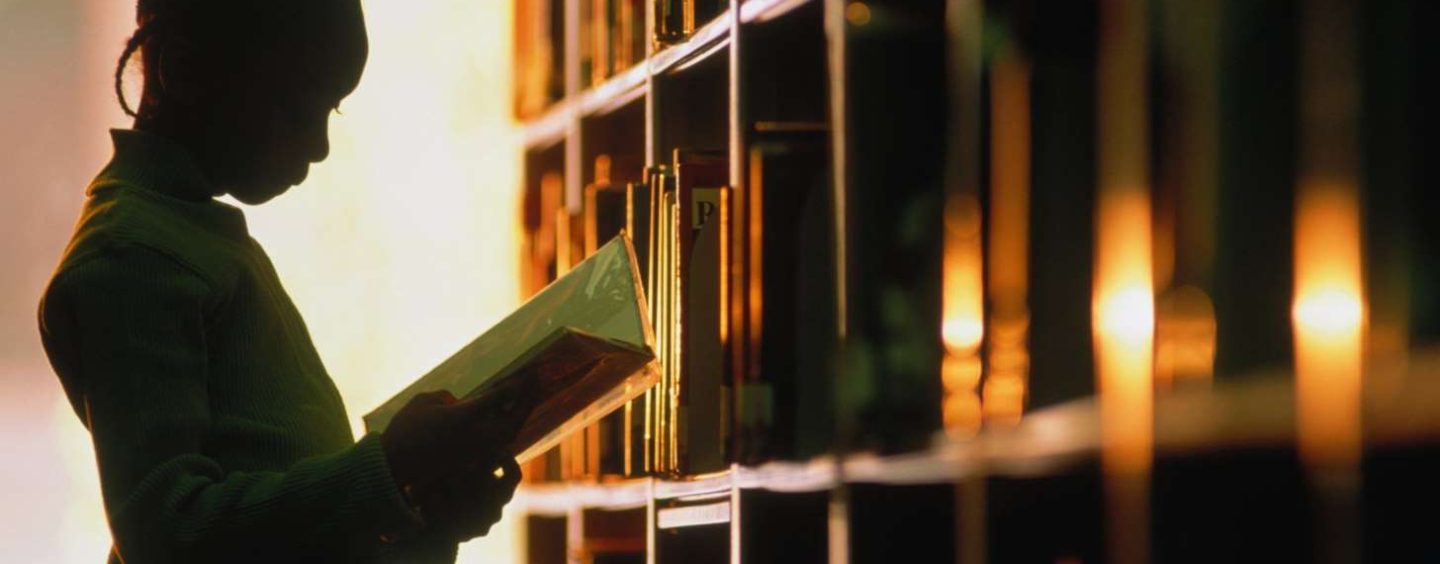
Black Girls Are Twice As Likely To Be Suspended From School, In Every State! (Video)
by Tj Sotomayor May 10, 2017 0 commentsSeems Like The Stats Again Prove Tommy Right!
By: Tommy “Tj” Sotomayor
Black girls are more than twice as likely to be suspended from school as white girls – in every state – and it’s not because of more frequent or serious misbehavior.
That’s one of the major findings included in a new report from the National Women’s Law Center, which examined a slate of issues that disproportionately impact girls of color. Its researchers placed the bulk of the blame on racist and sexist stereotypes that educators and school officials sometimes harbor about black girls, as well as a web of social circumstances, including their overrepresentation in schools with limited resources that hampers their access to experienced teachers and counselors.
“Black girls face high and disproportionate suspension rates across the country – and it’s not because they are misbehaving more frequently than other girls,” said Neena Chaudhry, director of education at the women’s law center. “This uneven discipline is often the result of deeply ingrained racist and sexist stereotypes that push black girls out of school.”
Black girls are 5.5 times more likely to be suspended than white girls, the report found, and they’re also more likely to receive multiple suspensions than any other gender or race of students.
In Minnesota, Wisconsin and Illinois, black girls are 8.5 times more likely than white girls to be suspended. In the District of Columbia, where black girls represent 73 percent of girls enrolled in school but 94 percent of all girls suspended, they are an astounding 17.8 times more likely to be suspended than white girls.
Overall, girls of colors are more than five times more likely than white girls to be suspended in Pennsylvania, Wisconsin and Illinois, and in 10 additional states they’re more four to five times more likely to be suspended.
One barrier that is prevalent for all girls of color, the report underscores, is implicit and explicit bias based on racist and sexist stereotypes.
“Stereotypes of black girls and women as ‘angry’ or aggressive, and ‘promiscuous’ or hyper-sexualized can shape school officials’ views of black girls in critically harmful ways,” the three authors wrote, drawing on research from the African American Policy Forum.
As a result, black girls are more often punished for challenging what society considers “feminine” behavior, the report’s authors concluded – things like being candid or assertive, talking back to teachers, as well as less severe transgressions, including chewing gum and dress code violations.
“Ironically, the quality of assertiveness generally has led to positive public perceptions of black women in leadership roles,” they note. “However, in the school setting, assertiveness can often be misidentified as ‘talking back’ or ‘defiance,’ which puts them at greater risk for inequitable discipline.”
Also detrimental, they point out, is that the implicit biases can lead to the setting of lower academic expectations for black girls, including an increased risk of repeating a grade.
The report’s authors also noted that girls of color are more likely to attend under-resourced schools, which often have fewer experienced teachers and guidance counselors and more law enforcement officers.
Indeed, in high schools where students of color make up at least 90 percent of the student body, there’s one counselor for every 309 students, according to Education Department’s Civil Rights Data Collection. Meanwhile, almost half, or 47 percent, of high schools with 90 percent or more students of color have at least one law enforcement officer, compared to just under a third, or 31 percent, of high schools with 90 percent or more white students.
As previous research has shown, the disproportionate discipline at the heart of the new report starts as early as preschool, with black girls making up 20 percent of girls enrolled but 54 percent of girls suspended from preschool.
The report is part of a small but growing body of research about the performance of girls of color, coming on the heels of criticism that education policy experts have historically focused on boys of color.
“The startling numbers should be a wake-up call for educators to address this urgent issue and protect these students’ right to an education,” Chaudhry said. “Black girls’ futures are depending on it.”







No Comments so far
Jump into a conversationNo Comments Yet!
You can be the one to start a conversation.Only registered users can comment.